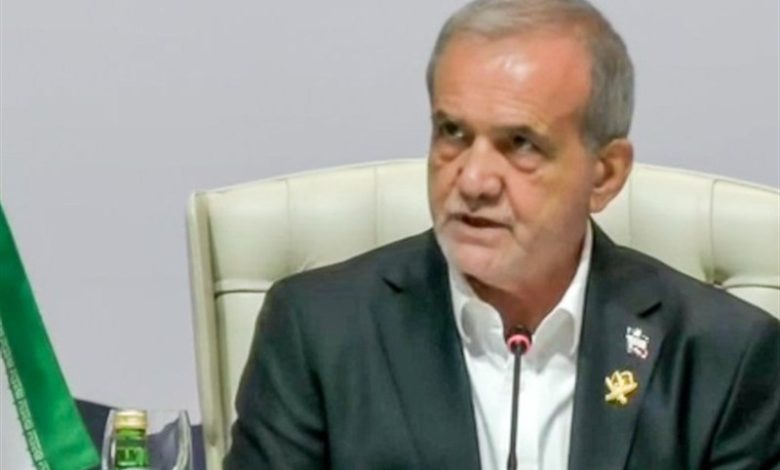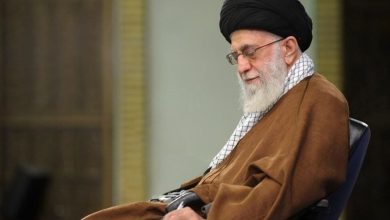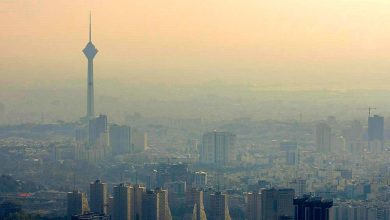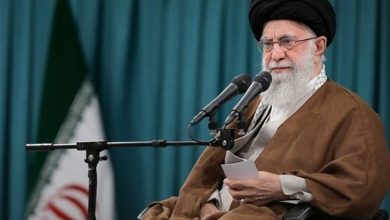Pezeshkian: The management of the country’s water resources can be achieved by relocating water-intensive industries to the south.
The President, emphasizing the water crisis in the country, stated: For sustainable development and resource management, it is essential to relocate water-intensive industries to the southern coasts of the country, and provincial managers must be granted the necessary authority to address the problems.

According to the Sedaye Sama News Agency, Masoud Pezeshkian, the President, highlighted the country’s water crisis today, stressing that sustainable development requires energy conservation and the relocation of water-intensive industries to the southern coasts. He stated that Iran is facing an imbalance between resources and consumption, and there is no solution other than proper management and reforming consumption patterns.
He added that in order to solve provincial challenges, all necessary powers have been delegated to governors, and decision-making must be carried out in coordination and consultation with local authorities. He also emphasized the importance of preparing a roadmap for regional development and ensuring the continuous presence of national managers in the provinces to directly observe problems and propose practical solutions.
Pezeshkian pointed to water shortages in Tehran, Alborz, and Qazvin provinces, noting that one of the key solutions is to utilize the water resources of the Persian Gulf to meet a significant part of these regions’ needs. He also mentioned that rainfall has decreased by about 40% compared to the annual average, leading to reduced dam reserves and worsening the water scarcity crisis.
The President stressed that the country’s economic and industrial development must be based on the principles of natural resource management, warning that ignoring the balance between water capacity and consumption would result in resource degradation and environmental crises. He criticized excessive groundwater extraction, noting that it has caused land subsidence, which in Tehran has reached nearly 30 centimeters, posing serious risks to infrastructure and the environment.
In conclusion, Pezeshkian referred to European threats of renewed sanctions, saying that in reality, Iran has already sanctioned itself. He emphasized that while many countries depend on oil and gas imports, Iran possesses these resources and must plan carefully to resolve domestic challenges and shortages.







